The Mega Millions lottery may see a streak of jackpot rollovers end as it heads toward a record $1.6 billion drawing on Tuesday. The cash payout would be $904 million.
As more tickets sell, chances grow that at least one buyer will pick all six winning numbers. That would stop the streak of 25 rollovers, most recently on Friday night.
Based on sales projections, 75 percent of the 302 million possible combinations will be chosen for Tuesday’s drawing, up from 59.1 percent in Friday’s, said Carole Gentry, spokeswoman for Maryland Lottery and Gaming.
“It’s possible that nobody wins again but it’s hard to fathom,” Gentry said.
About 280 million tickets sold in Friday’s drawing, none matching the winning mix of 7, 15, 23, 53, 65 and 70 to claim an estimated prize of $1 billion. Fifteen tickets matched five numbers for second-tier prizes of at least $1 million.
The $1.6 billion estimated jackpot would be the largest prize in U.S. history. The second-largest jackpot was a $1.586 billion Powerball drawing on Jan. 13, 2016.
Russ Lopez, spokesman for the California Lottery, said tickets were going “very, very quickly” on Saturday.
Tonya Jimenez, assistant manager at Beavers Market in Fort Collins, Colorado, said all three registers were going Saturday, a day after the store sold 220 tickets. Many hopefuls haven’t played before.
“We tell them how to play it,” she said. “They don’t know what to do. We’re doing a lot of explaining.”
The Mega Millions jackpot has been growing since July, when a group of 11 California office workers won $543 million.
It costs $2 to play the game. The odds of winning the jackpot are about one in 302 million but, with so many tickets being purchased, the likelihood of rollover becomes increasingly slim.
“I wouldn’t be surprised if it gets hit,” Gentry said. “I’d be more surprised if it doesn’t get hit.”
Mega Millions is played in 44 states Washington, D.C., and the U.S. Virgin Islands.
Lottery officials changed the odds in recent years to lessen the chance of winning a jackpot, which in turn increased the opportunity for top prizes to reach stratospheric levels. A look at how the numbers work out:
WHY REDUCE THE NUMBER OF JACKPOTS?
The theory was that bigger jackpots would draw more attention, leading more players to plop down $2 for a Mega Millions or Powerball ticket. The more tickets sold, the more the jackpots grow, leading to more players and … you get the idea.
Powerball was the first to try the theory in October 2015, when it changed the potential number combinations. In doing so, Powerball changed the odds of winning the jackpot from one in 175 million to one in 292.2 million. Officials at that time also increased the chances of winning small prizes. Mega Millions made similar moves in October 2017, resulting in the odds worsening from one in 259 million to one in 302.5 million
DID IT WORK?
States have generally reported increased Mega Millions and Powerball sales since the change. But the ever-increasing jackpots have left them ever-more dependent on those massive payouts because prizes that once seemed so immense now seem almost puny in comparison. Consider the current $430 million Powerball jackpot. That’s an incredible amount of money, but compared to the Mega Millions prize hovering around $1.6 billion, it barely seems worth the bother of buying a ticket.
WHEN THE JACKPOT GETS ENORMOUS, WHAT ARE SALES LIKE?
It’s hard to overstate how fast lottery tickets fly out of the mini marts when the top prizes get so large. In California, for example, the lottery Thursday sold $5.7 million in Mega Millions tickets during the first half of the day. The height of sales came during the lunch hour, when people were buying 200 tickets per second.
IF I WIN, WHAT MAKES IT INTO THE BANK?
Don’t count on making a deposit for anywhere close to $1.6 billion if you win the Friday night drawing. Nearly all winners take the cash option, which is $904 million. After federal taxes and state deductions, which vary across the country, winners will generally end up with around half that amount to pay for their yacht shopping. The annuity option guarantees more money, but it’s paid over 29 years and also would result in a hefty tax bill.
GIVEN THE AWFUL ODDS, AM I A SUCKER TO PLAY?
You’re not being rational if you think you have a good chance of winning the jackpot, whether it’s with one ticket or 100. The probabilities are overwhelmingly not in your favor.
Most people don’t expect to win and instead think the $2 ticket is a small price to dream and be part of a wishful conversation with co-workers or family. As Jane L. Risen, a professor of behavioral science at the University of Chicago, puts it: When the jackpot grows so large, “it creates this sense of community. It creates this sense of camaraderie. I also think that it creates a potential sense of regret to not be the one playing,” she said.
(AP)

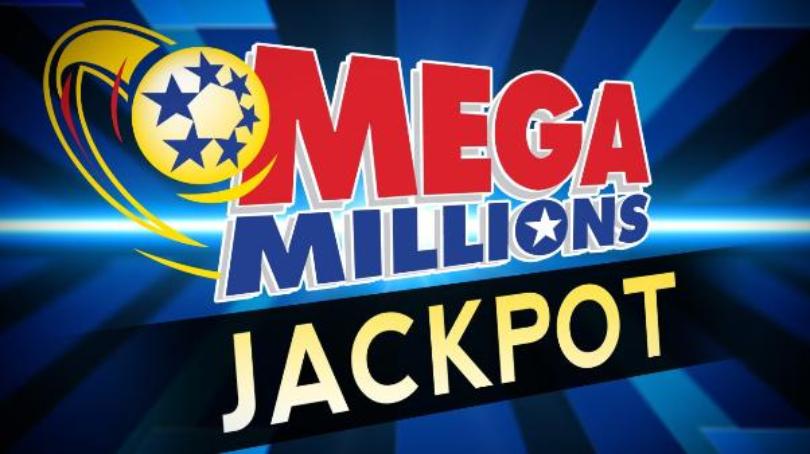

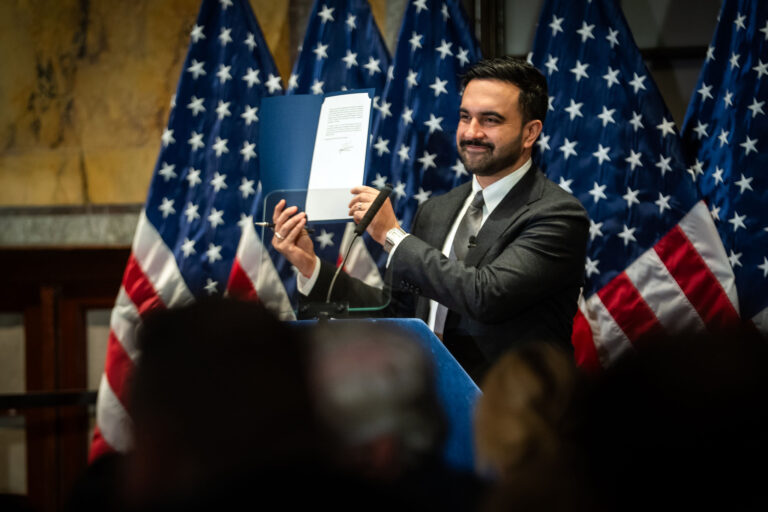
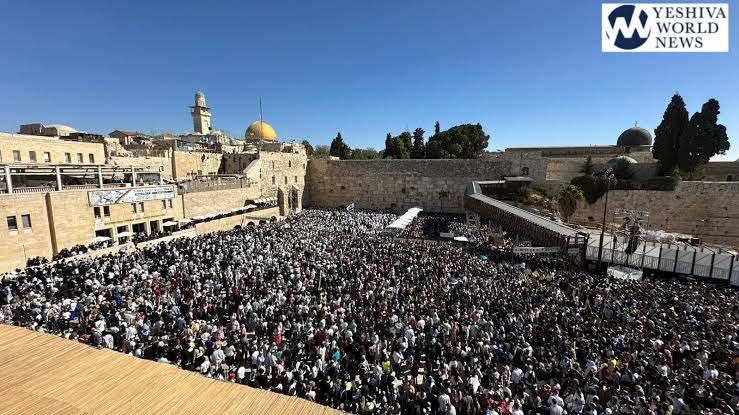
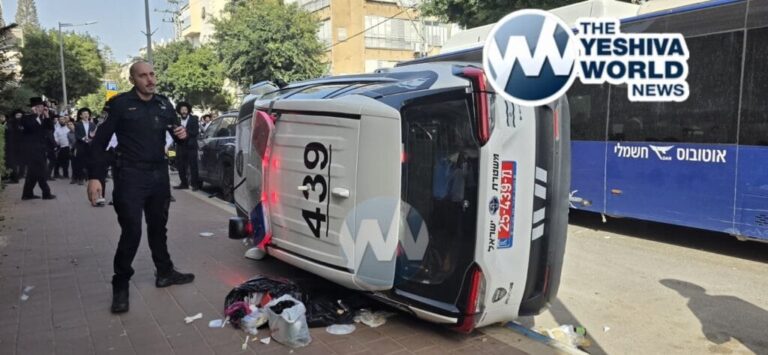


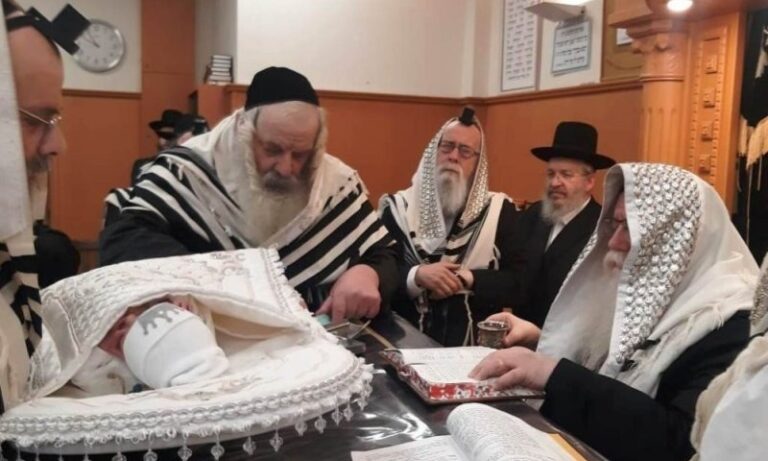


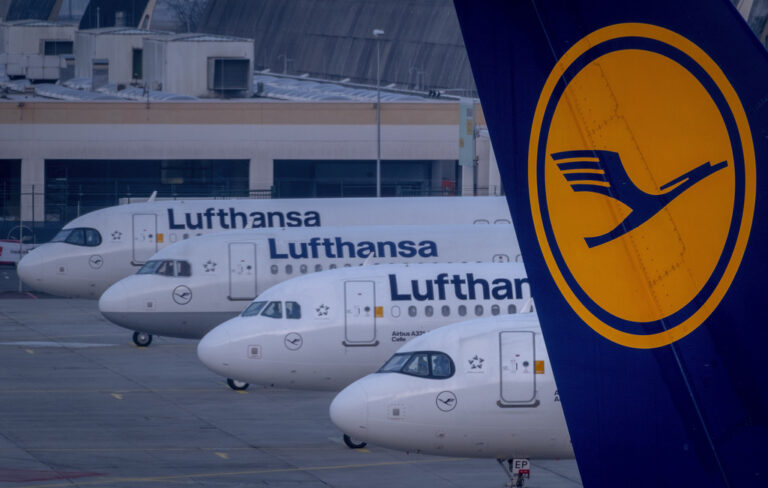
One Response
Based on sales projections, 75 percent of the 302 million possible combinations will be chosen for Tuesday’s drawing,
why doesnt someone do all 302 million combinations and you ll make 1.6 billion minus 302 million thats 1.3 billion dollars